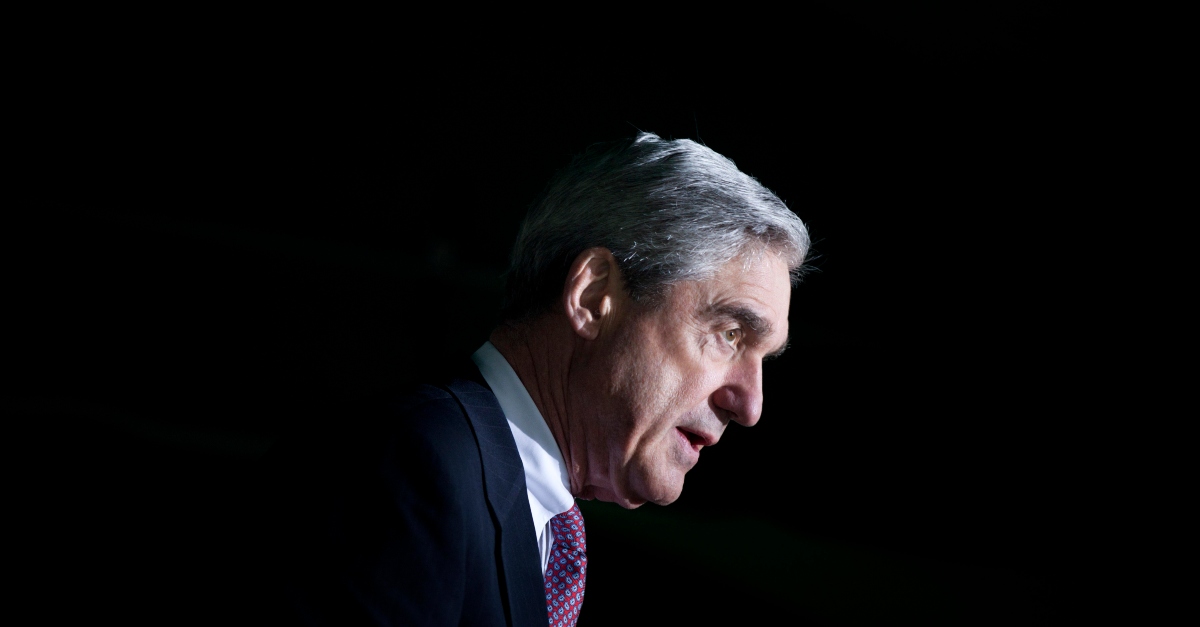
Conservative attorney, former federal prosecutor, and National Review contributing editor Andrew McCarthy penned some strong words in an op-ed for the New York Post on Thursday, reacting to Special Counsel Robert Mueller‘s prosecutorial decision not to draw a conclusion about President Donald Trump and obstruction of justice. As the headline put it, “Mueller completely dropped the ball with obstruction punt.”
Mueller did detail ten troubling scenarios that he investigated as part of the Trump obstruction probe.
“The evidence we obtained about the president’s actions and intent presents difficult issues that would need to be resolved if we were making a traditional prosecutorial judgment,” Mueller wrote. “At the same time, if we had confidence after a thorough investigation of the facts that the president clearly did not commit obstruction of justice, we would so state.”
But McCarthy was not satisfied with the non-exoneration. McCarthy went so far as to say it was a “smear” that “flouts the Constitution.”
“This is unbecoming behavior for a prosecutor and an outrageous shifting of the burden of proof: The constitutional right of every American to force the government to prove a crime has been committed, rather than to have to prove his or her own innocence,” McCarthy wrote.
McCarthy then alluded to a promise Attorney General William Barr and Deputy Attorney General Rod Rosenstein did not apply to the president. That would be not talking about uncharged individuals in detail.
“This is exactly why prosecutors should never speak publicly about the evidence uncovered in an investigation of someone who isn’t charged. The obligation of the prosecutor is to render a judgment about whether there is enough proof to charge a crime,” McCarthy argued. “If there is, the prosecutor indicts; if there is not, the prosecutor remains silent.”
McCarthy, in so many words, said Mueller didn’t have the guts to make a decision.
“If special counsel Mueller believed there was an obstruction offense, he should have had the courage of his convictions and recommended charging the president. Since he wasn’t convinced there was enough evidence to charge, he should have said he wasn’t recommending charges,” he concluded. “Period.”
[Image via Brendan Smialowski/Getty Images]